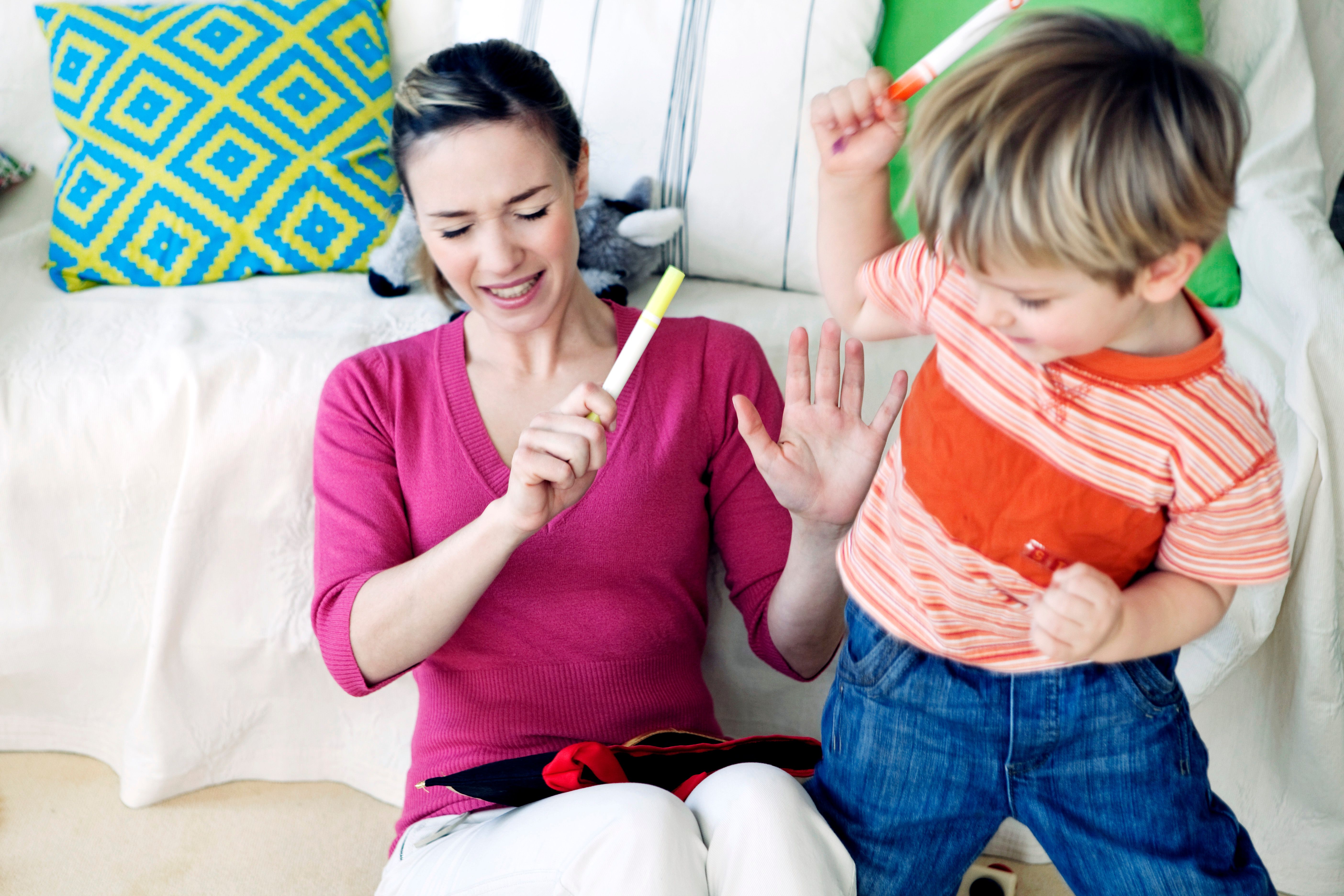News
Article
Study: More Sleep Could Lessen Impulsive Behavior in Children
Author(s):
When children got less than the recommended 9 hours of sleep or took more than 30 minutes to fall asleep, there was a strong link to impulsive behaviors later in life.
New study findings from the Youth Development Institute at the University of Georgia (UGA) suggest that getting adequate sleep could help children combat the effects of a stressful environment and improve behavior.
Image credit: RFBSIP | stock.adobe.com

“Stressful environments are shown to make adolescents seek immediate rewards rather than delayed rewards, but there are also adolescents who are in stressful environments who are not impulsive,” said lead author Linhao Zhang, a fourth-year doctoral student in UGA’s College of family and Consumer Sciences, in a press release. “We looked at what explains that link and what makes some people differ from others. One mechanism we found is sleep.”
Lack of sleep can be a problem even for adolescents who do not live in stressful environments. For example, Zhang noted that teenagers often have a circadian rhythm that naturally stays awake later and sleeps in, but early school start times and late nights can throw off that rhythm. Establishing healthy sleep routines, no matter the environment, can create healthier patterns and reduce the time it takes to fall asleep.
“A lot of adolescents don’t have enough time to sleep, and they are sleep deprived,” Zhang explained. “This study shows why it is important to promote longer sleep duration by delaying school start times or establishing routines so that adolescents know, ‘OK, after this event, I’m going to bed.’”
Investigators analyzed data from the Adolescent Brain Cognitive Development Study with information from 11,858 children between the ages of 9 and 10 years. They found that sleep and long sleep latency—defined as the amount of time it takes to get to sleep—had a significant association with impulsive behaviors later in life.
Problems with sleep and impulsive behaviors were reviewed at multiple time points over the course of 2 years. When children got less than the recommended 9 hours of sleep or took more than 30 minutes to fall asleep, there was a strong link to impulsive behaviors later in life. Some of these behaviors included acting without a plan, seeking thrills or sensations, and lacking perseverance; however, sleep was a mediator between these actions. When sleep problems were absent during the study, impulsivity was also less likely to be observed in the future.
Neurological hyperconnectivity also played a role, Zhang said in the press release. Neurological hyperconnectivity is when the adolescents’ brains remained very active, even when they were not actively engaged in tasks. The study examined the default mode network, which is a brain network related to goal-directed behaviors.
When this network was hyperactive during resting state, it could exacerbate the link between stressful environments, sleep, and impulsivity. These associations could be linked to ADHD and could be explored more in future studies.
“We can look at the default mode network and emotional regulation regions,” Zhang said in the press release. “It’s also possible that this hyperactivity and ADHD are highly correlated, so in a future study, we could test that in a more clinical setting. That could have great implications on intervention or counseling programs.”
Zhang added that not only do the findings highlight the importance of sleep, but could also help form low-cost interventions to improve the psychological development of children living in stressful home environments.
“If you want to develop interventions for people in stressful environments, it’s very costly, and sometimes it needs generational work to change,” Zhang said in the press release. “Sleep is a modifiable behavior, however, and these changes can be cost-efficient.”
Reference
Techo E. More sleep could reduce impulsive behavior in children. UGA Today. August 28, 2023. Accessed August 30, 2023. https://news.uga.edu/more-sleep-could-reduce-impulsive-behavior-in-children/
Newsletter
Stay informed on drug updates, treatment guidelines, and pharmacy practice trends—subscribe to Pharmacy Times for weekly clinical insights.






